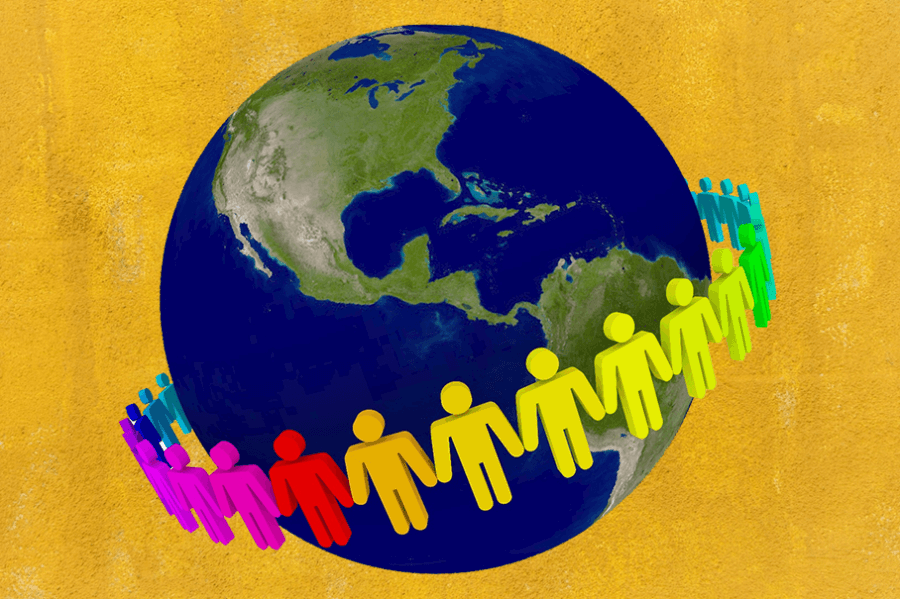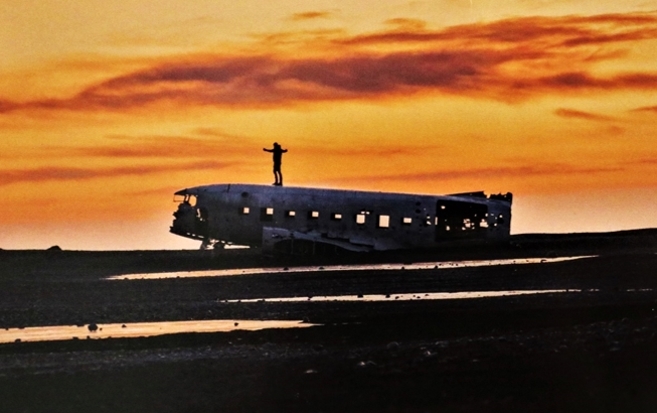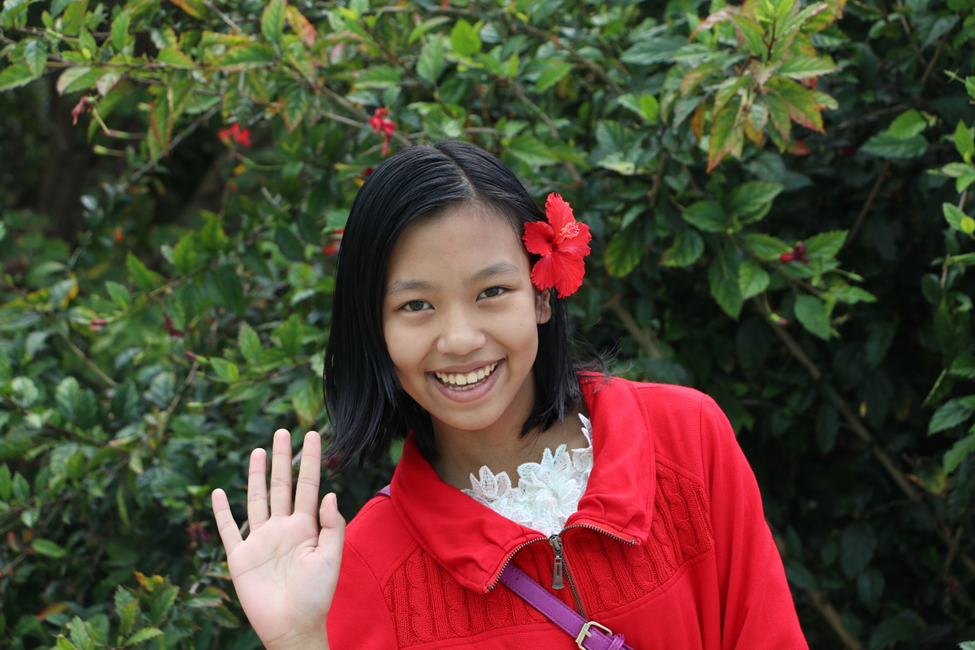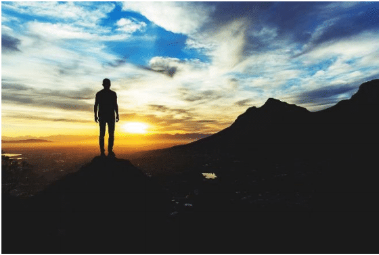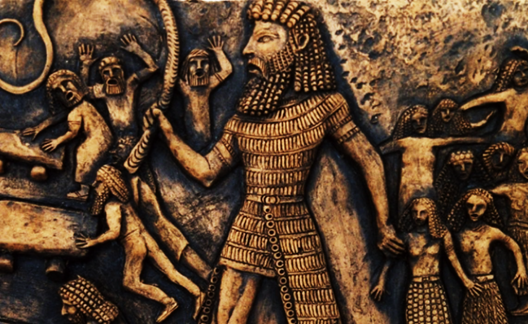Beyond a Diagnosis
It was 9 a.m., and I was at my local hospital to get an echocardiogram. It wasn’t an emergency. Dr. Shah, my cardiologist, wanted to monitor a minor issue regarding my heart. I wasn’t anxious as I was led into a small exam room. The only light in the room came from a large computer monitor. I was familiar with ultrasound heart scans since I have had several of them before. The sonographer moved a small probe around the middle of my chest, which emitted sound waves over different areas of my heart. The echoes bounce back to a recording device and are seen on the monitor.
My previous cardiologist, Dr. Marchand, had done similar tests on me before he retired several years ago. However, the clarity of this echocardiogram’s images and colors fascinated me. I wondered silently what all the colored pictures meant as I watched.
This series of moving images mesmerized me. I was trying to determine what the colors meant. They ranged from reds to blues. I would have preferred to have watched my echocardiogram if the colors were blue and yellow, my favorite colors.
There wasn’t much I could do but slightly recline on the exam table and watch the woman watch the echoes on the monitor. When Dr. Marchand looked at my echocardiograms, I watched his eyes and facial expressions. So, there I was, watching my sonographer’s eyes and facial expressions. After a few minutes, I finally told her she was always smiling, and I never saw any facial or eye changes.
That comment transformed our time together during my echocardiogram. I told her about watching Dr. Marchand’s facial expression and his eyes in an attempt to read a possible diagnosis. She laughed at my technique and assured me that Dr. Shah would provide the diagnosis.
I don’t know how we started to chat about things that really interested the two of us. Nonetheless, it was one of those rare, serendipitous moments. She mentioned her five-year-old boy, whom she dearly loves. She talked about providing her child with learning opportunities. It was obvious that she was a caring mother as she talked about the fun times that they shared.
Listening to a loving mother talk about her child brought to mind my family, who live near Inle Lake in Myanmar. I told her that my tour guide had to stop at her home to pick up my itinerary after leaving that area. She added that I could meet her daughter, Ti Ti, who was nine and was on winter break.
I condensed a thousand stories by saying Ti Ti is both brilliant and caring. I told her Ti Ti wants to receive her college education in the States. She has been accepted at a local college and will live in my home. I told her about Ti Ti’s office in my home and how she wants to return to Myanmar and make it a better place to live. When Ti Ti finally gets her student visa, Ginger and I will celebrate her arrival.

In the days since my echocardiogram, I thought about Ti Ti and her family. They live in a developing country. They are my family.

I thought about the last visit. We went on a family tour together. Ti Ti’s parents are both tour guides, and they took me to places that most Western tourists never visited. We went to Set Set Yo, a tiny village, where I met my great-granddaughter, A Ngal Lay. She wasn’t quite a year old when we met. Look at the picture of her trying to process who I was. It haunts me.

When I returned to the States in early January, COVID-19 reared its ugly face. A year later, the military seized control in a coup.
Since getting my echocardiogram a week ago, the world has faced many problems, including my family in Myanmar, the Ukrainians, and people in Israel and Gaza. I wonder how many children, adults, and families who haven’t been killed have had medical treatment close to what the Western world enjoys.
Most of the world hasn’t seen a cardiologist nor had an echocardiogram. The majority of the world doesn’t have enough food or clean water to drink. In the West, we take all our blessings for granted and are oblivious to the suffering of most of the world.
In Washington, DC, some adults are fighting over who will be the Speaker of the House. Our government cannot send aid to Ukraine, Israel, or Gaza because the Republicans can’t decide who they want to be the Speaker of the House. Those elected leaders care more about squabbling than helping even Americans, let alone the rest of the world. America prides itself as a beacon on the hill. The Republicans in the House act like village idiots rather than leaders on Capitol Hill.
In my journey down my yellow brick road of life, I spent several years attending school or teaching overseas. Additionally, I have run tours, been on tours, and traveled on my own.
I have learned a great deal from two fellow travelers. George Santayana wrote, “A child educated only at school is an uneducated child.” The other traveler was Ibn Battuta, who said, “Traveling leaves you speechless, then turns you into a storyteller. Traveling offers you a hundred roads to adventure, and gives your heart wings! Traveling gives you home in a thousand strange places, then leaves you a stranger in your own land.”
Allow me to share a mantra that I created. “It is in giving that we get.” The more we give to alleviate poverty, racism, sexism, and xenophobia, the more we will benefit. While that sounds like an oxymoron, it isn’t. It is the reason for our being. Trust me.








